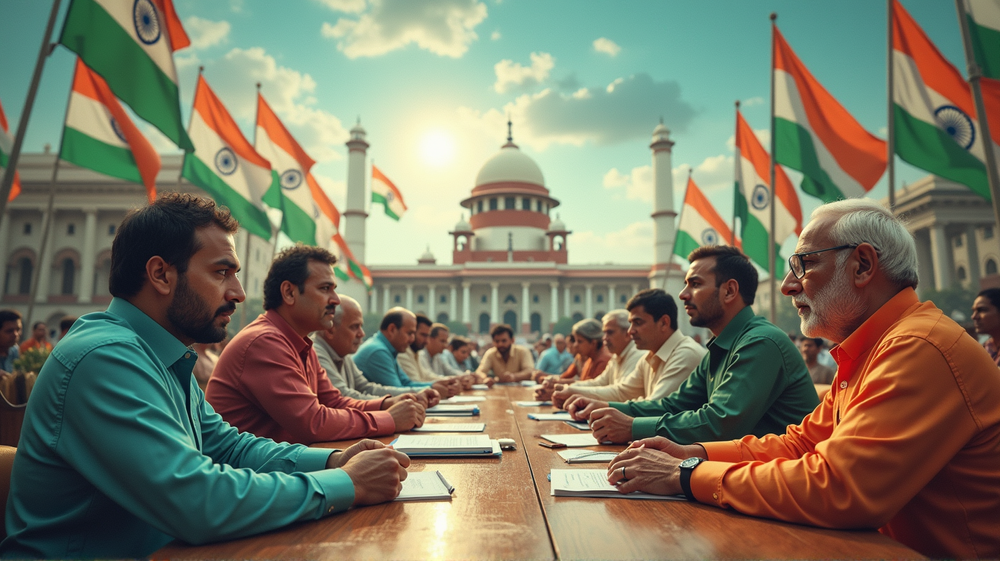Public Pressure Triumphs: Modi Govt Greenlights Caste Census
The Power of Persistent Advocacy
In a surprising turn of events, the Modi government has decided to give the green light to the much-debated caste census. Congress MP Jairam Ramesh has hailed this decision as a testament to the relentless pressure applied by the opposition and numerous activists. It’s seen as a major triumph for those advocating for social justice and equality.
Congress’s Legacy and BJP’s Dilemma
Ramesh credits prominent political figures like Rahul Gandhi for leading the charge, pushing the government to acknowledge the importance of understanding caste demographics in shaping equitable policies. He points to a consistent pattern where the BJP initially resists beneficial policies, only to adopt them later under public scrutiny.
Historical Resistance and Ultimate Acceptance
Historically, measures like the Mahatma Gandhi National Rural Employment Guarantee Act (MGNREGA) faced ridicule from the BJP, yet proved indispensable during crises like the COVID-19 outbreak. Government leaders were forced to recognize MNREGA’s value, consequently boosting its funding.
GST, DBT, and Precedents of Governance
The Goods and Services Tax (GST) and Direct Benefit Transfer (DBT) system followed similar paths. They were initially opposed by the BJP when Congress proposed them but promptly adopted once BJP came to power. This trend of appropriating successful policies underlines a pattern of governance that Ramesh criticizes.
A Critique of Vision
Ramesh’s critique extends beyond specific policies, accusing the Modi administration of lacking innovation and relying on divisive tactics. This bold assertion adds another layer to the narrative surrounding India’s political climate, casting doubt on the ruling party’s strategic foresight.
Future Implications
The approval of the caste census marks a significant shift in acknowledging the diverse fabric of Indian society. As stated in Big News Network.com, this move is expected to strengthen policy-making, ensuring it aligns more closely with the socio-cultural realities of the nation.
This historic decision is not just about numbers but represents a broader discourse on identity, representation, and the pursuit of social justice. As political dynamics continue to evolve, the implications of this census will undoubtedly influence India’s future socio-political landscape.




